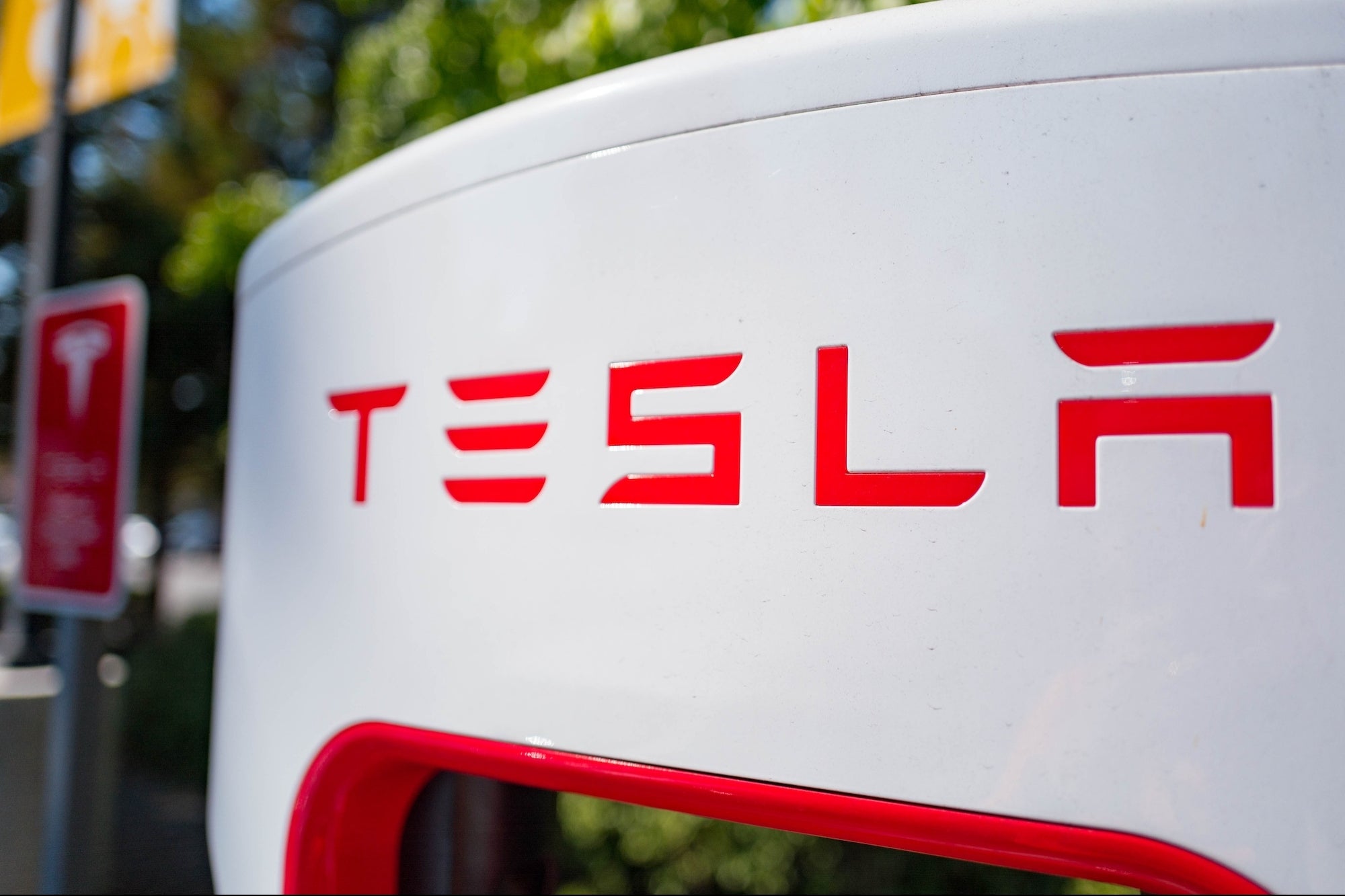Have Funding? Great. Now Stop Burning Through Your Cash. Some companies that are taking in large amounts of money don't seem to realize they need to generate income to stay alive.
By Adam Callinan •

Opinions expressed by Entrepreneur contributors are their own.
There is a major problem in the startup community: companies are flippantly burning through cash. This problem is serious because it means that these money guzzlers aren't going to be able to weather a downturn in either business or the economy at large, and it also exemplifies the mentality of those running them -- a lack of paranoia.
The fact is that companies all over the U.S. are taking in huge amounts of funding with insane valuations, through various stages, and banking on the fact that they'll be able to continue huge fundraising rounds without building self-sustaining businesses.
So what happens when that funding spigot turns off? They die because they haven't built a real income-generating machine -- or at least one that's net revenue positive.
Related: 6 Simple Strategies for Better Money Management
This "cash-burning" phenomenon is never more dangerous than during the early life of a new business, so it's absolutely critical that you build out your products or services to be as lean as possible, particularly if you're growing a technology platform that will need to acquire online users.
Keep it simple.
It's a great idea to build a product based on user demands and feedback and a terrible idea to build a product that you think your customers are going to like or use. Leura Spielman, co-founder and CEO of the both innovative and disruptive interior-design company, Laurel and Wolf, executed on this point perfectly.
When Laurel and Wolf began creating its online interface, it used a very basic website that collected emails and answers to a few preference and design questions. It was attractive and functional but not expensive, fancy or deep. This allowed the company to build in features as it needed them -- or more specifically, as customers wanted them.
"The key is to be scrappy with the product early on," Spielman says. "In a consumer business, it is better to release something simple and easy to use, which will allow you to learn about the needs of your customers and save a ton of money."
Start with your hands in everything.
We all hear about how someone is building a mobile app to do this or that, which sounds nice but can be extremely financially wasteful -- unless you're going to write the code yourself. The problem is that you must have your grimy little fingers in everything so you know exactly how your customers are interacting with your platform, which can be much easier, cheaper and more malleable through a mobile-optimized website.
Related: How to Make Your Cash and the Investor's Patience Last Until You're Profitable
Laurel and Wolf launched with just a few questions that online consumers would answer, the results of which were manually tabulated to provide the customer with their design style. The responses were then emailed, one by one, to the consumers.
This may sound crazy, but it allowed Spielman to understand exactly what people were looking for and how they were responding to their technology, or in her words, "so we would know exactly what to build when we went to build it."
Save your cash.
The most important part of starting a new venture is figuring out how to create enough value for the user or consumer for them to be willing to open their wallets and pay for it. Yes, it can take a while to define and effectively capture value.
"When you burn through cash too fast you're going to focus too much of your time on raising capital, which is time that you're not spending building your business," saus Kevin Tighe, CEO of WeBrand, a platform for brand and market influencers.
It's true: The fundraising lifecycle can easily become all encompassing and self-perpetuating.
"Instead, save and conserve your cash and plan on the good times turning bad so when they do, you're prepared to survive," Tighe says.
Well said.
Related: 8 Musts to Start Your Business With Little to No Capital











